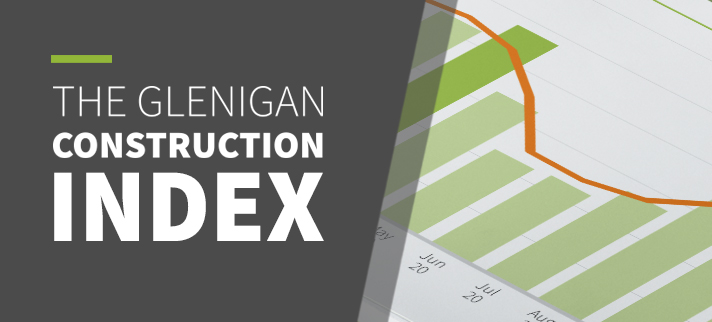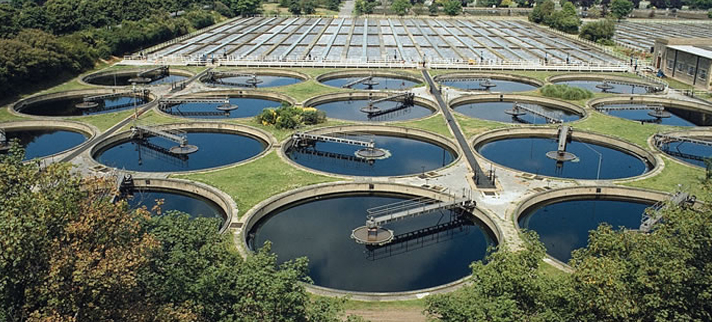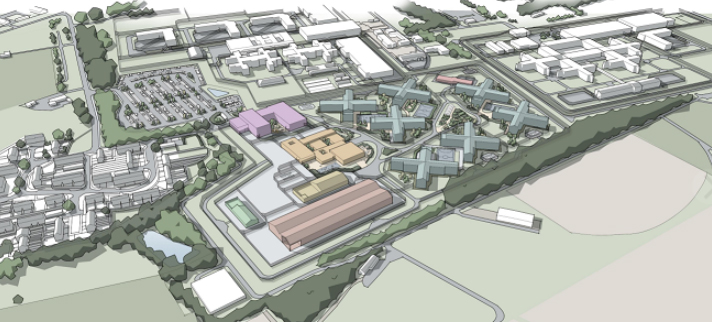Last Updated:
Chart 1: Glenigan Index
The Glenigan Index for December fell by 6% on a year ago, as the final quarter of 2011 closed a mixed year for the construction industry. A lack of health, education and social housing work weighed on the level of new projects, while privately funded work was also thin on the ground over the last three months. There were some bright spots, however, as the value of retail and private housing starts increased year on year, while there were also a number of rail, road and renewable energy starts which boosted the level of civil engineering work over recent months.
Despite the national negative trend, some parts of the UK enjoyed a continuation of the growth in project starts over December that were prevalent in previous months, with Wales, the South East and South West of England particularly enjoying an increased flow of new work. By contrast, over the final quarter of 2011 the underlying value of project starts in Northern Ireland, the East and North West of England fell by more than 20%. In addition, the flow of projects reaching start on site in Yorkshire fell by a third on the final three months of 2010.
Looking at the UK as a whole, the provisional figures show that the underlying value of private housing starts has increased by 4% over the three months to December. By contrast, the index measuring social housing work has continued its decline. Over the fourth quarter of the year, the underlying value of project starts dropped by 27%, after to last month’s revised 39% fall. There will continue to be a shrinking pool of new builds due to the sustained period of cutbacks that the public sector is enduring. This has left the Residential Index for December 8% down on a year ago. Whilst a further retrenchment in social housing construction is forecast for the near future, private housing starts are expected to remain stable over the coming months.
The Non-Residential Index for December is 17% down on a year ago as both privately and publicly funded projects were thin on the ground. Office and industrial starts once again saw the value of starts decline, though a return to growth is expected. Education remains a weak area of the industry, and has suffered another decline in project starts. In addition, the value of health and community & amenity projects has now dropped two months in a row. The only non-residential sector to avoid a decline was retail, flattered by a comparison with a poor end to 2010.
The Civil Engineering Index for December was 51% up on a year ago. Although both utilities and infrastructure starts increased, it was again the utilities sector which saw the biggest improvement. The infrastructure sector saw investments in road and rail station projects in London, the West Midlands and Scotland. In addition, the utilities sector benefitted from a variety of projects: from the decommissioning of a nuclear power plant to the construction of wind turbines. In addition, the increase in utilities projects was inflated by a low level of starts this time in 2010.
Outlook
The cuts in government spending will continue to restrict the number of health, education and social housing projects coming through the development pipeline. Less money for new builds could see an increase in refurbishment work this year as local government make do with their existing stock of buildings. Conversely, the Department for Transport’s budget was saved from the larger scale cuts imposed upon other departments the flow of civil engineering projects is expected to remain steady.
Private sector prospects are more uncertain. Industrial and office building has finally achieved the long predicted growth. Though more growth is predicted, the strength of any sustained recovery depends on economic prospects, both in the UK and abroad.
Retail prospects, buoyed over the last two years by supermarket expansion, will shift as firms increasingly look to refurbish or extend their current stock of stores.
The decline in private housing project starts seen over the first half of 2011 seems to have bottomed out. Whilst renewed stabilisation is anticipated over this year, poor household earnings growth and potentially flat house prices will hamper the pace of any rebound in the underlying value of starts.
Not a Glenigan Customer?
Request a free demo of Glenigan today so we can show the size of the opportunity for your business.





